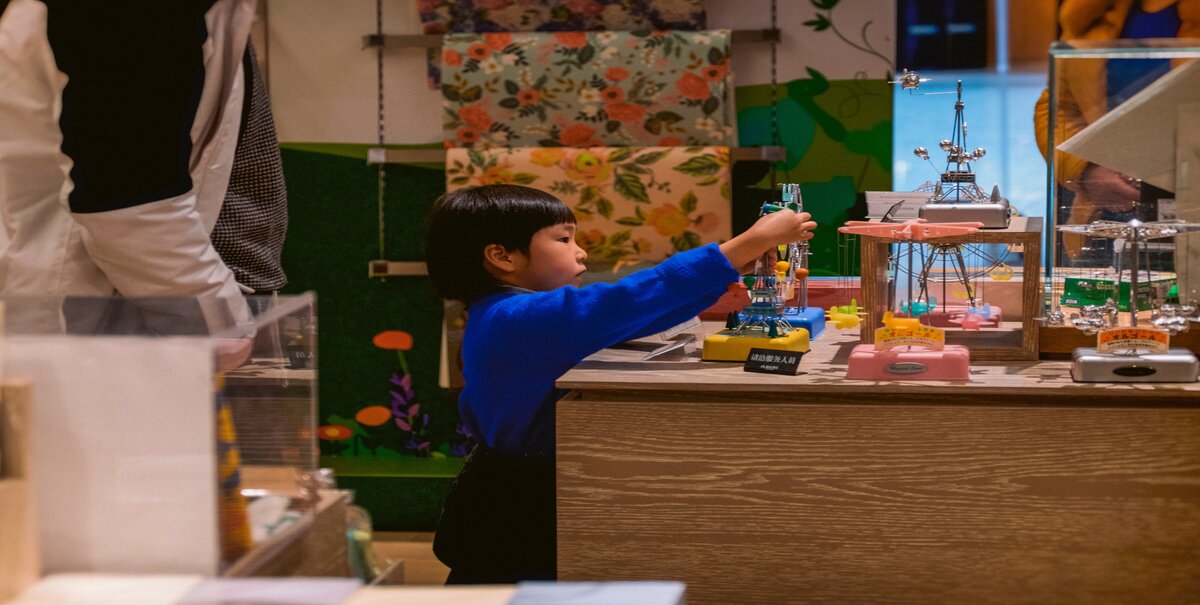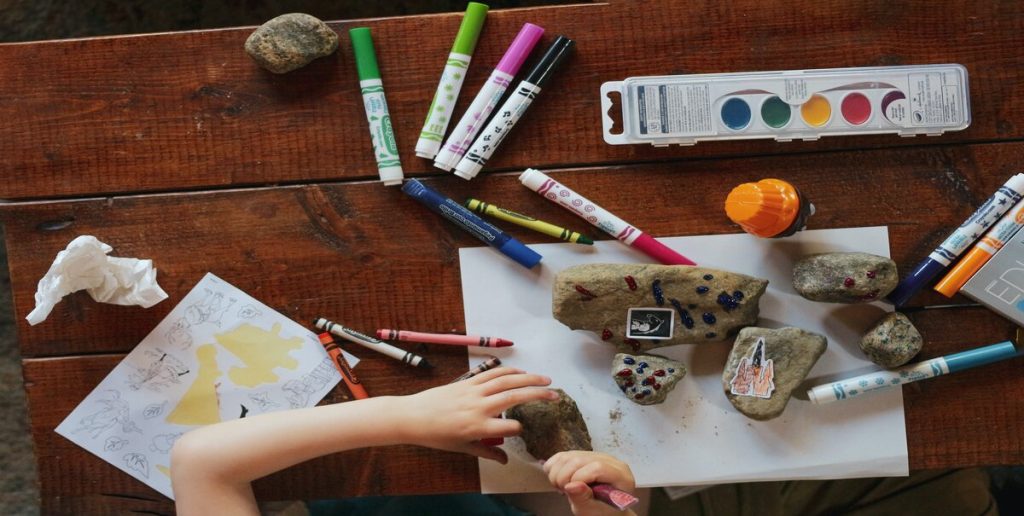In the bustling landscape of Pakistan’s education system, the Montessori method emerges as a beacon of innovation and child-centric learning. Originating from the visionary Maria Montessori, this approach emphasizes fostering a child’s natural curiosity and independence. As the educational paradigm in Pakistan evolves, understanding the importance of Montessori education becomes imperative. This article delves into the transformative impact of Montessori education in Pakistan, shedding light on its unique features, benefits, and the potential it holds for shaping a brighter future for the nation’s youth.
The Essence of Montessori Education
Montessori education revolves around the core principle that children are inherently driven to learn through exploration and self-discovery. This method recognizes the individuality of each child and tailors the learning experience to accommodate their distinct needs and abilities. In a Montessori classroom, children are given the freedom to choose activities that pique their interest, fostering a sense of autonomy and instilling a lifelong love for learning.
Individualized Learning and Development
One of the key advantages of Montessori education in Pakistan lies in its focus on individualized learning. Traditional educational systems often employ a one-size-fits-all approach, neglecting the diverse needs and learning styles of children. In contrast, Montessori classrooms provide a rich, stimulating environment where children engage with hands-on materials at their own pace. This personalized approach ensures that each child develops fundamental skills according to their unique capabilities, fostering a strong foundation for future academic success.

Promoting Critical Thinking and Problem-Solving
Montessori education places a premium on cultivating critical thinking and problem-solving skills. By encouraging children to explore, question, and experiment, the method nurtures the development of a curious and analytical mindset. In a country like Pakistan, where creative problem-solving is increasingly vital, Montessori education equips young minds with the tools to navigate complex challenges and contribute meaningfully to society.
Building Social and Emotional Intelligence
Beyond academic prowess, Montessori education prioritizes the holistic development of a child, emphasizing the importance of social and emotional intelligence. Through collaborative activities and a focus on interpersonal skills, children in Montessori classrooms learn to communicate effectively, resolve conflicts, and develop empathy. These skills are crucial for fostering a sense of community and understanding in a diverse and culturally rich country like Pakistan.
Early Childhood Development and Prepared Environment
Montessori education recognizes the significance of early childhood development in shaping a child’s future. The prepared environment in Montessori classrooms is designed to stimulate various aspects of a child’s growth, including cognitive, emotional, and physical development. The carefully curated materials and activities cater to the child’s developmental stages, laying the groundwork for a seamless transition to formal education.
Nurturing a Love for Learning
In a country where rote memorization often dominates the traditional education system, Montessori education stands out for its emphasis on cultivating a genuine love for learning. By allowing children to explore topics that captivate their interest, Montessori education sparks an intrinsic motivation to discover and understand the world. This passion for learning becomes a lifelong asset, propelling students towards continuous self-improvement and a thirst for knowledge.
Challenges and Opportunities in Implementing Montessori Education in Pakistan
While the benefits of Montessori education are evident, its widespread implementation in Pakistan faces challenges. Limited awareness, financial constraints, and the need for trained educators pose hurdles to the adoption of this progressive educational approach. However, these challenges also present opportunities for collaboration between government bodies, educational institutions, and advocacy groups to promote the integration of Montessori principles into the mainstream education system.
Government Support and Policy Implementation
For Montessori education to thrive in Pakistan, it is essential for the government to recognize its benefits and allocate resources accordingly. Policymakers should consider incorporating Montessori principles into early childhood education policies, ensuring that educators receive adequate training and schools are equipped with the necessary materials. By creating a supportive policy framework, the government can pave the way for a more widespread adoption of Montessori education across the country.

Teacher Training and Professional Development
The success of Montessori education hinges on the expertise of educators. Investing in comprehensive teacher training programs and ongoing professional development is crucial for ensuring that educators are well-versed in the philosophy and methodology of Montessori education. Collaboration with international Montessori training organizations and the establishment of local training centers can contribute to building a skilled cadre of Montessori educators in Pakistan.
Community Engagement and Awareness
Creating awareness among parents and communities about the benefits of Montessori education is pivotal for its acceptance and success. Community engagement initiatives, workshops, and informational sessions can help dispel misconceptions and garner support for the implementation of Montessori principles. Engaging parents in their child’s education journey fosters a collaborative approach, aligning home and school environments to reinforce the values of Montessori education.
Conclusion
Montessori education, with its emphasis on child-centered learning, individualized development, and holistic growth, holds immense potential for transforming the educational landscape in Pakistan. By nurturing independent, critical thinkers with a love for learning, Montessori education equips children with the skills needed to thrive in the dynamic and diverse challenges of the 21st century. Through strategic collaboration, government support, and community involvement, Pakistan can embrace Montessori education as a catalyst for positive change, laying the foundation for a brighter and more innovative future.

